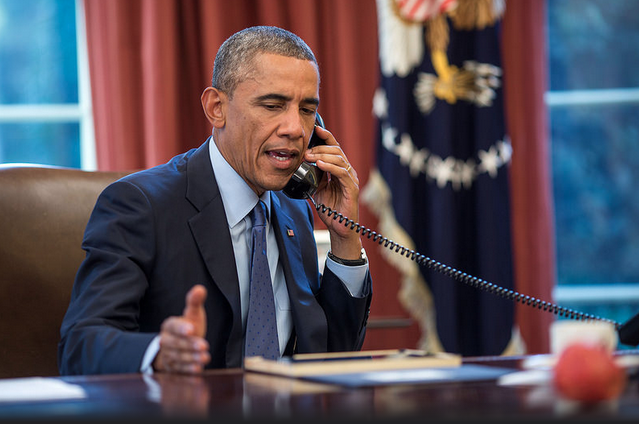CIA’s Girlie PsyOp: Call MoDo
Apparently, after years of fostering a “Sister’s Club” image of CIA women that celebrates their badassery, the CIA has realized the image is unfair to the majority of women who work at the Agency. So, on the occasion of Showtime announcing a Homeland character that fits that mold will move from the CIA next season, CIA invited Maureen Dowd into the Langley conference room to chat with some women.
The C.I.A. sisterhood is fed up with the flock of fictional C.I.A. women in movies and on TV who guzzle alcohol as they bed hop and drone drop, acting crazed and emotional, sleeping with terrorists and seducing assets.
“The problem is that they portray most women in such a one-dimensional way; whatever the character flaw is, that’s all they are,” said Gina Bennett, a slender, thoughtful mother of five who has been an analyst in the Counterterrorism Center over the course of 25 years and who first began sounding the alarm about Osama bin Laden back in 1993.
[snip]
I talked to several current and former women at the C.I.A. at the request of the usually close-lipped agency, which wants to show a stable side missing from portrayals like the one in the new NBC drama “State of Affairs.” In the premiere, Katherine Heigl’s C.I.A. analyst gets wasted on shots, picks up a stranger and upbraids her shrink for being “judge-y” — all before briefing the woman president. The women I spoke with agreed that the “honey pot” image of C.I.A. women using sex to get secrets, as Carrie did in “Homeland,” was Hollywood sensationalism.
Of course, CIA’s bossy badass woman does have an archetype: Alfreda Bikowsky who got innocent people tortured and flew around the world to watch waterboarding. You can tell from some of the quotations in the Torture Report that many of her colleagues disdained her unhinged approach. Nevertheless, CIA kept promoting her, such that she is the still mostly secret embodiment of this image.
But rather than doing anything about that — rather than moving Alfreda on — CIA decided having MoDo interview some more reasonable CIA women (though curiously, not some who are more critical of the Agency’s treatment of women) to make that image go away.
Regardless of the role of women at the Agency — which as I understand it is definitely far more banal than CIA-backed Hollywood images, especially in the way most jobs are — this ploy really makes me worry about CIA’s understanding of propaganda, which they’re supposed to be good at. For years they’ve pitched this image in media — Hollywood — that flatten everyone into caricatures, not just female characters. And now they think they can alter that by talking to one snippy NYT columnist?


